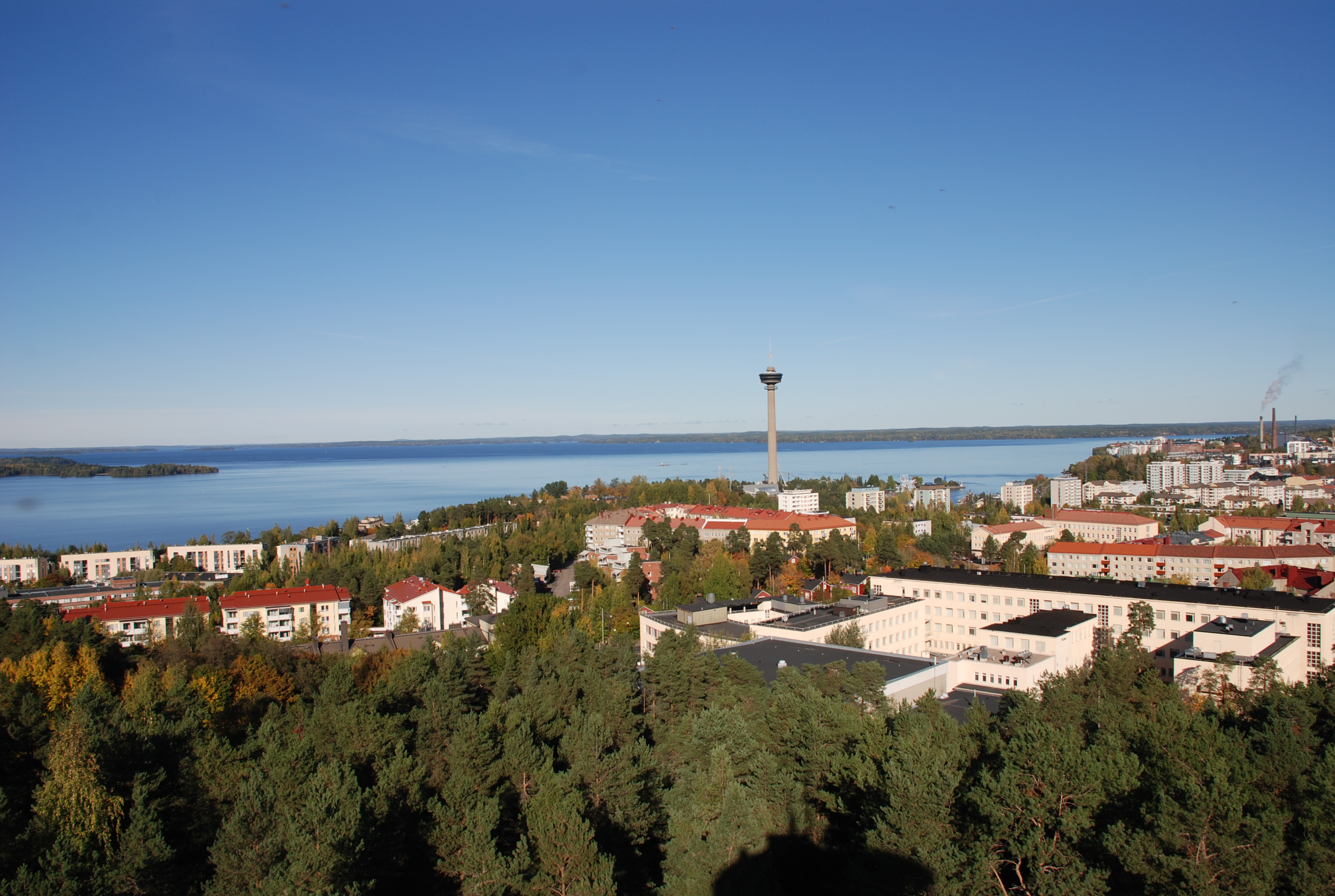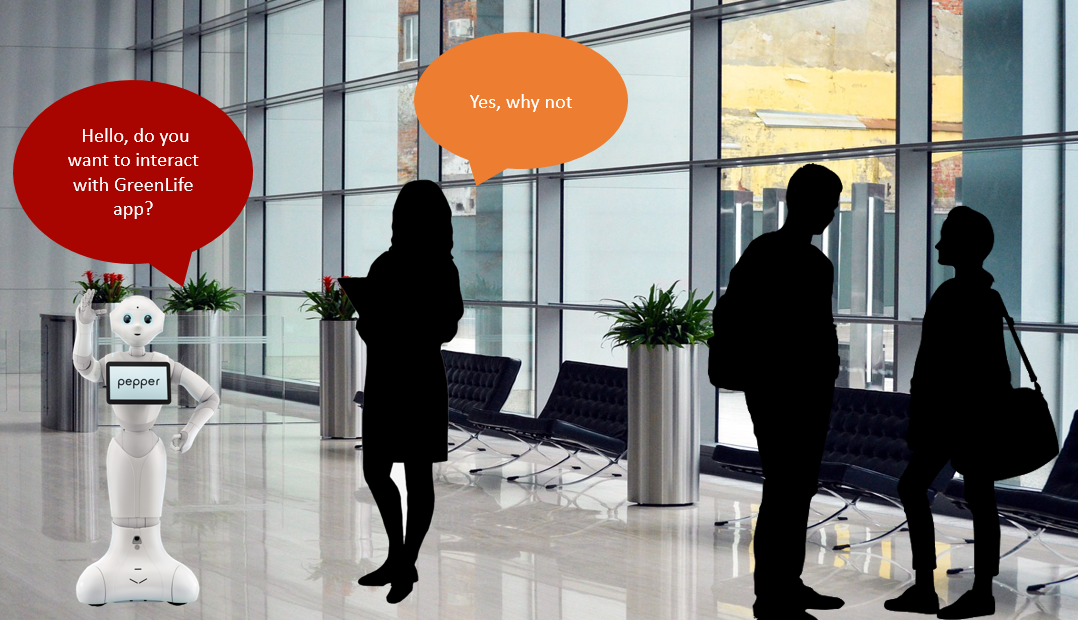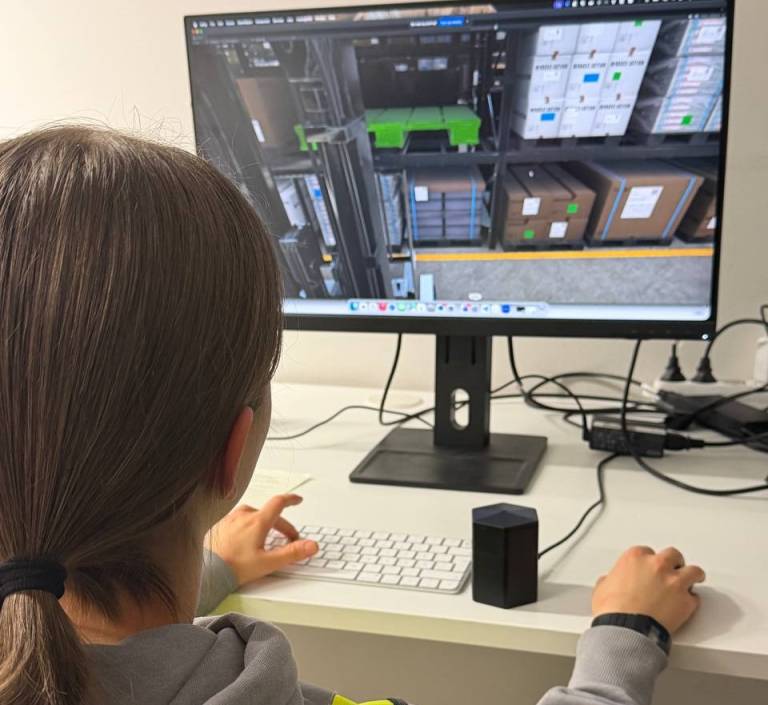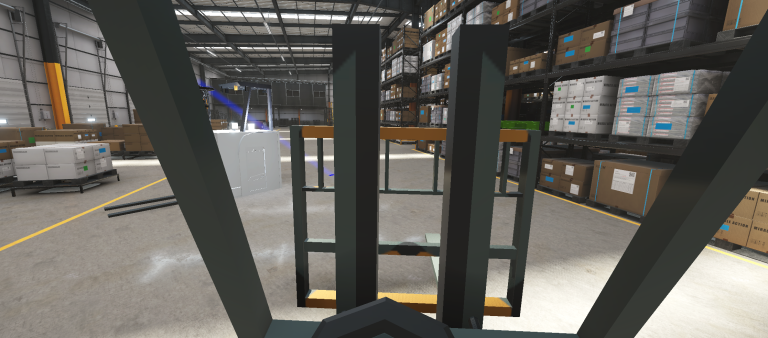Tampere University is running Intelligent Society Platform (INSO) which is an Academy of Finland funded project. We received a pilot project from this funding for the duration of six months. Our project was called “SusBuild” Increasing sustainability of smart buildings with persuasive technologies. This was a multidisciplinary project which created a collaboration opportunity between Human-Centered Technology (IHTE) research group and two other groups including Construction Management and Economics in BEN faculty, and Politics of nature and the environment research group (PONTE) in MAB faculty.
It is estimated by 2050 most people will spend 90% of their time inside buildings, both residential and public. As buildings are big consumers of energy resources, it is necessary to find possible ways to lower the energy usage. The current technological solutions available in smart (green) buildings can provide sustainable information to building occupants. Technological solutions can be applied to help people to consume less space and energy and at the same time become aware about their sustainable behavior.
That is why in this research we first conducted co-design sessions with users of shared spaces to find out about people’s perceptions and expectations on how interactive technology solutions could be used to motivate them to behave sustainably inside shared living spaces. We found that people are interested in using social robots and smartphone applications to motivate them to enhance their pro-environmental behavior in their shared living areas. Since social robots are a novel form of technology and they provide possibilities for human-like interaction, we decided to use them as potential persuasive agents.
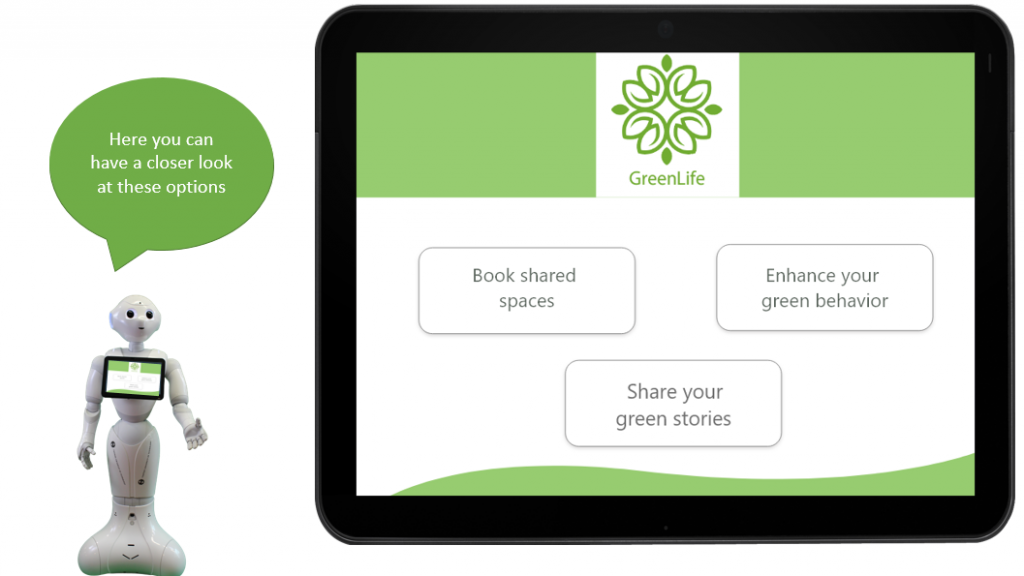
We conducted three focus groups in three residential locations in Tampere – in Härmälänranta, Annikki and Vuores. Based on the user study findings, we designed a social robotic application concept called GreenLife. Through an online survey evaluation, we found out how people perceived social robots as persuasive agents in shared living spaces. Our findings suggest that social robots have potential to be persuasive towards sustainable behavior by providing the users with feedback, valuable rewards, and reliable information. We also learned that social robots can create sense of community and belonging among people. In the end of the project we formed a list of design implications to support the future design of social robots as motivators of sustainability in shared living spaces.
After this project, we applied and got continuation funding from the INSO platform for an even broader, multidisciplinary project called Intelligent social technologies enhancing community interaction and sustainable use of shared living spaces in superblocks (SocialBlock). This project extends the collaboration to social psychology, architecture and electrical engineering at Tampere University. This project runs from April 2020 until December 2021, and we will explore novel interactive technologies that can advance the use of shared space and feelings of communality in so-called Superblocks – combinations of several blocks of residential buildings. This project will also contribute to exciting new developments in Hiedanranta living area in Tampere, enhancing the societal trend of smart and sustainable urban development.
Written by Nasim Beheshtian, project researcher, and Kaisa Väänänen, project manager (on behalf of the whole project team)

